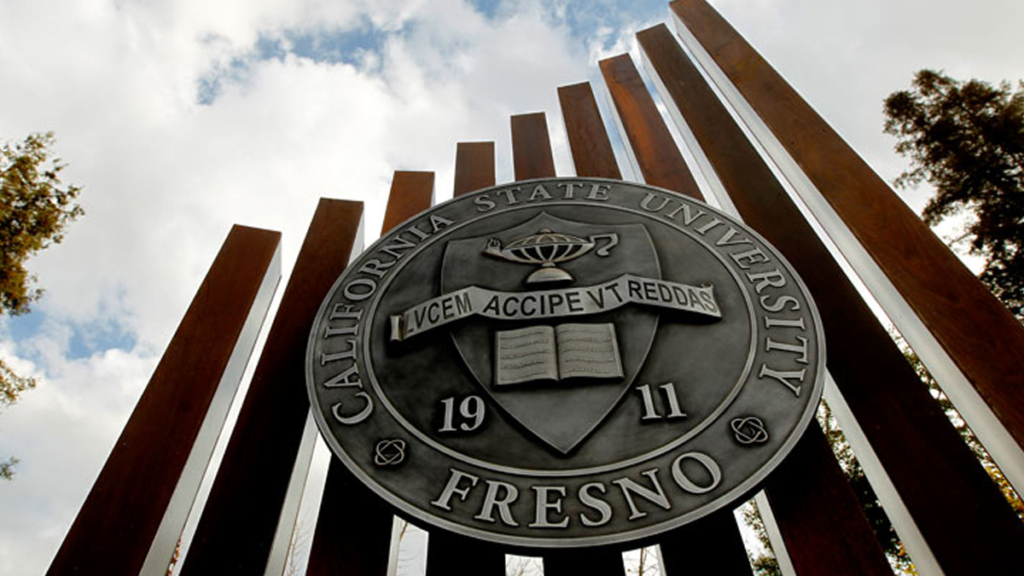Fresno State is teaming up with nonprofit Sustainable Conservation on a groundwater recharge study.
The partnership is run through the California Water Institute, a research division at Fresno State that focuses on sustainable water resource management.
The big picture: The California Department of Food and Agriculture is giving Fresno State a $498,423 grant to fund the partnership.
- Sustainable Conservation and the California Water Institute will have six on-farm recharge pilot programs in pistachio orchards to study nitrate leaching, soil health and function and crop yield.
- Dr. Sangeeta Bansal, an assistant professor of soil health at Fresno State, is the co-principal investigator of the project. She will study the effects of cover crops on soil health and the outcomes of on-farm recharge, including nutrient cycling and soil hydraulic function.
Why it matters: Groundwater recharge offers Central Valley farmers a vital resource to refill their aquifers and withstand drought.
- Westlands Water District has been one of the drivers of groundwater recharge in the region, pushing projects that produced nearly 400,000 acre feet of water recharged last year.
What they’re saying: “The California Water Institute has engaged in several activities with Sustainable Conservation in the past, but this collaboration marks a significant development of our partnership,” said Laura Ramos, interim director for California Water Institute’s Research and Education Division. “We are looking forward to strengthening our relationship through this grant.”
- Sarah Castle, senior scientist for Sustainable Conservation, said the partnership is a key part of enhancing the long-term sustainability of the Valley’s specialty crop industry.
- “This funding will allow us to further our collective knowledge about on-farm recharge’s potential as a sustainable water management tool,” Castle said. “With insights from these pilot projects, we hope to better understand how cover cropping and recharge can protect California’s water quality, boost agricultural resilience for California’s specialty crops, and foster environmental sustainability.”










